October 05, 2020 | 18:34 (GMT+7)
Life of Dao minority in Mau Son
When visiting Mau Son commune, Lang Son province, tourists will have a chance to experience the vivid life of the Dao ethnic minority people.
    |
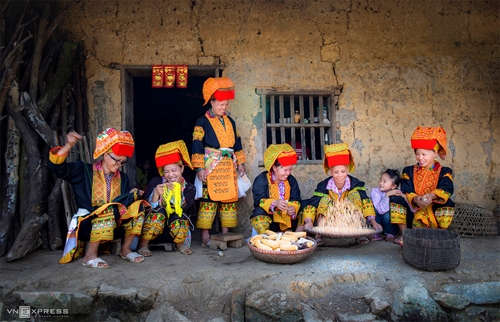 |
|
Of the three minorities, including Dao, Tay, and Nung, living in the Mau Son border commune, the Dao minority accounts for over 98% of the population. The Dao ethnic group has always preserved their cultural identities.
In a photo collection named “Dao ethnic group’s life in Mau Son”, photographer Nguyen Son Tung, a native of Lang Son city, photographed Dao people’s portraits, their daily and festive attire, and daily lives.
|
    |
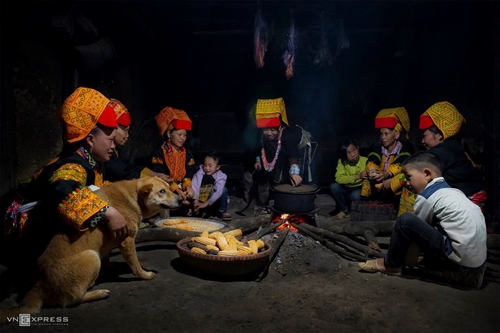 |
|
The Dao people have two main meals a day. They have breakfast and dinner at home while their lunch is in the fields. Their main food is rice and sticky rice. They also cook rice porridge and make cakes with corn. Their meals also include “hanging salted-cured meat” - a specialty. |
    |
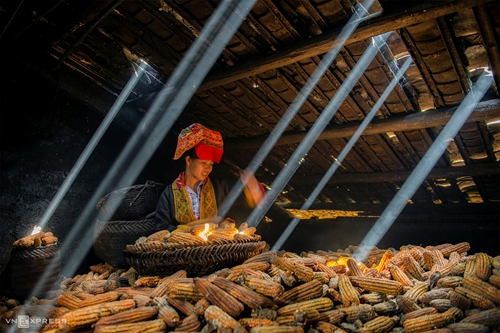 |
|
Harvested corn is dried in the kitchen to avoid being eaten by termites. The smoked corn has a unique taste. |
    |
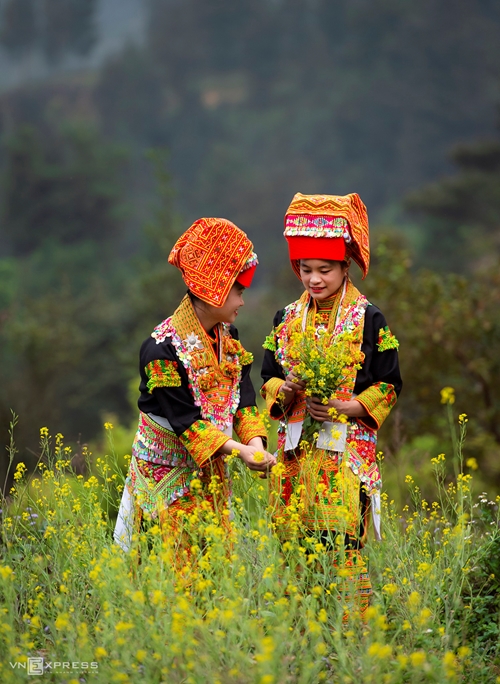 |
|
Dao women’s attire has colorful patterns. It takes months, even a year to hand-embroider such a set of clothing. |
    |
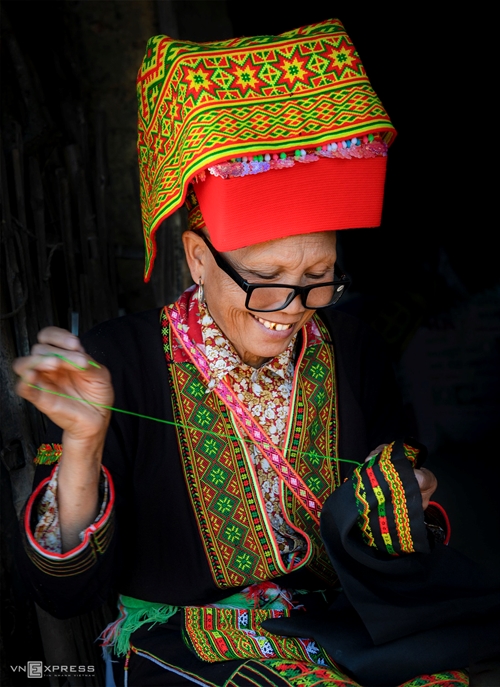 |
|
According to photographer Tung, the elderly often wear traditional costumes. These days it is worrying that just a few artisans know how to embroider, weave and sew traditional costumes. Even more so, the materials for embroidery and weaving are increasingly scarce. |
    |
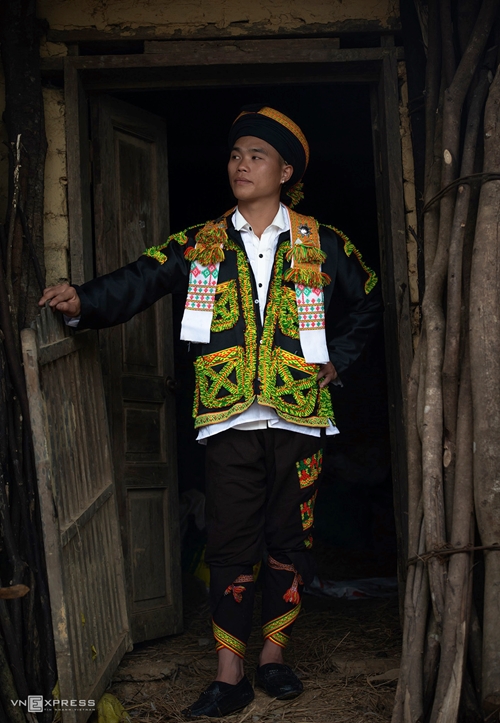 |
|
Traditional clothing of Dao men is simpler. |
    |
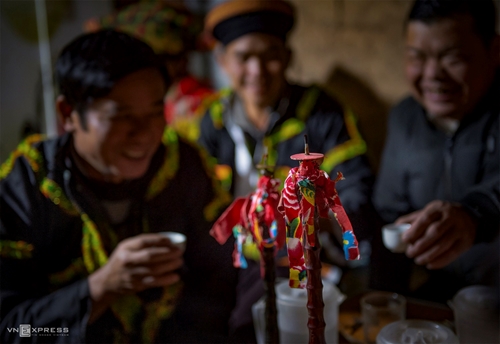 |
|
The Pi Le clarinet is a traditional musical instrument of the Dao minority. This clarinet is played during rituals, weddings, and festivals. |
    |
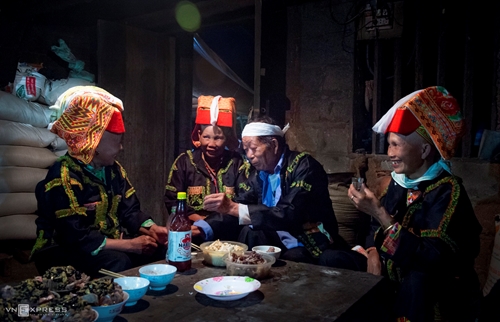 |
|
Worshiping ancestors is an important custom of Dao families. They worship nine generations of ancestors, including parents, and grandparents. Ancestor worship is practiced in many rituals such as funerals, cleaning ancestral graves, offering incense to one’s ancestors, July full moon worship, Lunar New Year and new rice offerings.
The Dao people live on cultivation and farming, so the rituals of the Dao people are plentiful. For example, they often have rituals on the first day of rice cultivation to pray for good crops. After the rice harvest, a new rice ceremony is made to thank the ancestors and the Agriculture God to bless the good crops.
In funeral rituals, the Dao people arrange a “dry funeral” (in the photo) one month after the original burial. The ceremony aims to release the dead person's soul to their ancestors in a hope that their soul is transcended, and will rest in peace with their ancestors. The “dry funeral” is carried out at home.
|
Source: vnexpress
Translated by Chung Anh